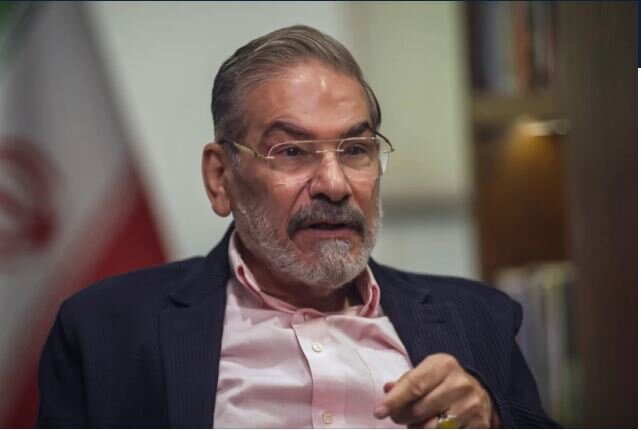Ali Shamhani, the leading political, military and nuclear advisor to Ayatollah Ali Khamenei, the leader of the Islamic Revolution, is one of the most senior Iranian officials to speak publicly about the ongoing debate.
He said he would promise Iran not to produce nuclear weapons, remove highly enriched uranium stockpiles that can be weaponized, and in exchange for the immediate lifting of all Iran’s economic sanctions, he would enrich only the low levels needed for civilian use, allowing international inspectors to oversee the process.
Asked if Iran agreed to sign the contract today if these conditions were met, Shamhani said “Yes.”
“That’s still possible. If we act as Americans say, we certainly can have a better relationship,” Shamukani said, adding, “It could lead to a better situation in the near future.”
Shamhani sat on NBC News, where Trump combined Iran with “olive branches” combined with “olive branches” if Iran did not accept an agreement to restrict its nuclear program.
Trump’s comments were criticized by Iranian President Masuud Pezeskian.
“He thinks he can come here and chant slogans and scare us. For us, martianism is much sweeter than dying in bed,” he said in a comment live on state television on Wednesday, according to Reuters. “Have you started scaring us? We don’t bow to the bullies.”
Shamkhani also expressed dissatisfaction with Trump’s tone and continued the threat.
“He’s talking about olive branches that we’ve never seen before. It’s all barbed wire,” he said.
The US and Iran have been discussing Tehran’s nuclear program for weeks, with Trump’s Middle Eastern envoy Steve Witkov calling the final round in Muscat, Oman’s capital, “encouragement.”
Meanwhile, Iranian Foreign Minister Abbas Aragut called the negotiations “difficult but useful.”
“Enrichment is an issue that Iran will not give up and there is no room for compromise,” he said. “However, their dimensions, levels, or amounts can vary for a period of time to allow for the construction of confidence.”
In an interview Wednesday, Shamhani expressed concern that Israeli Prime Minister Benjamin Netanyahu, often known by his nickname Bibi, could attempt to derail the process through back-channel lobbying in Washington.
“If Americans remove the BIBI effect, they can easily sign the deal,” Shamkhani said.
MNA/

